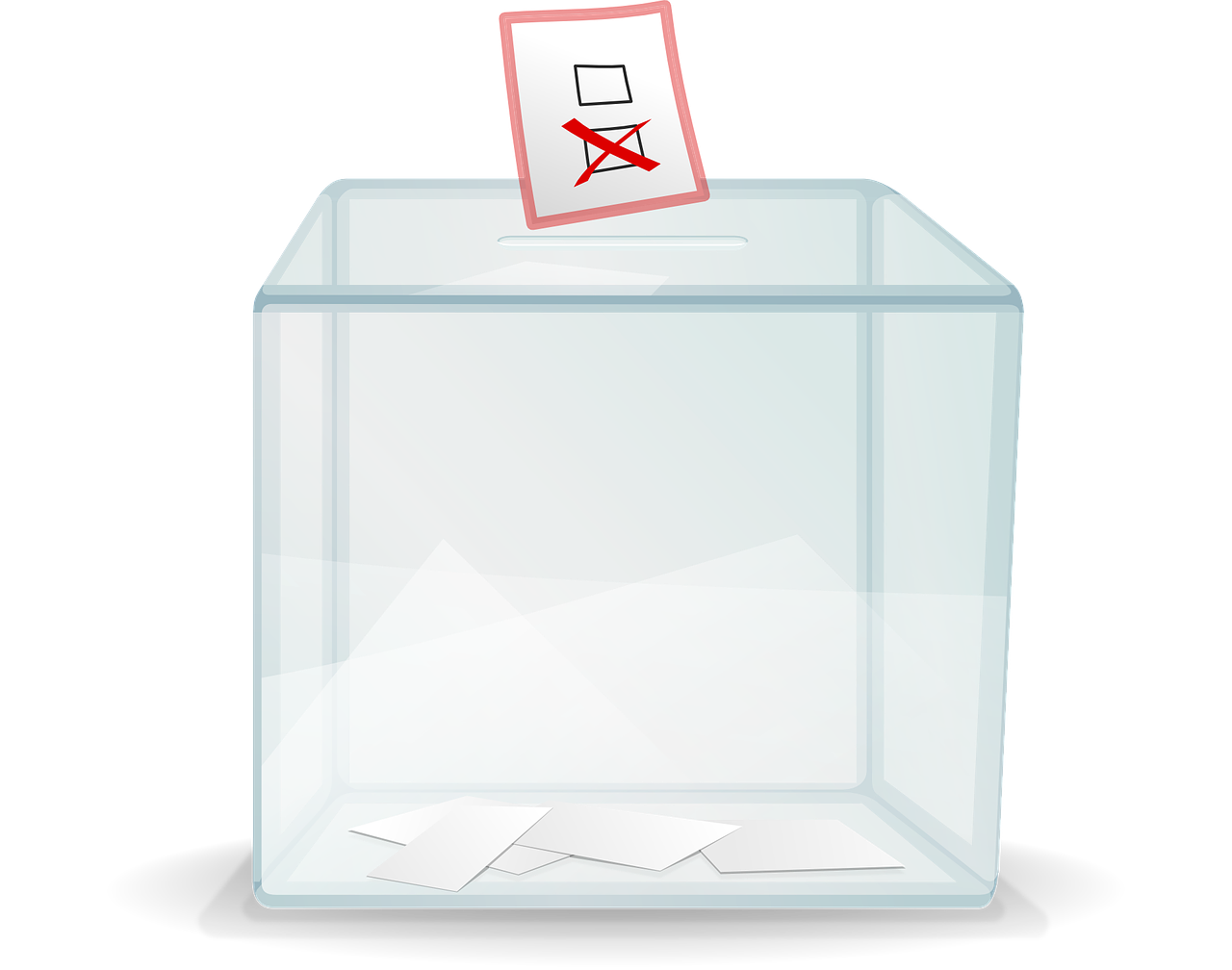The Role Of The Meeting Chair
A recent Court decision provides excellent guidance, in my view, about the role of a meeting’s Chair – including the role of the Chair in terms of proxies.

The case in question – YRCC No. 818 v Przysuski – involved a dispute about the results of an election. The condominium corporation asserted that the election results declared by the Meeting Chair were incorrect (i.e. that a different candidate should have been elected to one of the two Director vacancies that were filled at the meeting). In particular, the condominium corporation said that the scrutineers had failed to count proxy votes from the commercial owner, and that those votes would have changed the election results.
The Court disagreed and confirmed the election results as declared by the Chair of the meeting.
First and foremost, the Court said that the proxy instrument in question – from the commercial owner – in fact was never filed with the meeting. Therefore, the results determined by the scrutineers and the Chair’s declaration of those results, were correct. So, that finding really decided the case.
But the Court also had some very interesting things to say about the role of the Chair. At the meeting, the Chair had instructed the scrutineers to reject any proxy votes (for the election) where the proxy instrument did not include the proxy giver’s initials beside the candidate’s name on the proxy form (as contemplated by the particular proxy form). This was another reason that the proxy instrument from the commercial owner would not have counted, even if it had been filed with the meeting, because that proxy instrument lacked the particular initials of the proxy giver (which the Chair said were essential).
The condominium corporation argued that the missing initials were not necessary. In other words, the condominium corporation said that the Chair’s direction, on this issue, was wrong.
The Court didn’t really decide the question (whether or not the initials were necessary). The Court simply said that the Chair’s direction (on the issue) decided the matter (at least for this particular meeting).
Here’s what the Court said about the role of the Chair:
The general understanding is that it is the duty of the chairperson of the condominium owners’ meetings to enforce the rules of order including instructing scrutineers. The chairperson decides questions of validity when they arise, including decisions as to the validity of ballots and proxies.
The chairperson has the responsibility to examine all ballots, decide on their validity, count the votes, cast and declare the result. In the case of uncertainty, the matter of proxy validity should be referred to the chairperson for him or her to decide. Once the chairperson makes a declaration as to the result of the vote, it is final and binding unless otherwise reversed by the court.
To me, this means that decisions of the Meeting Chair are final and binding, unless there was no reasonable basis on which the Chair could have come to the particular decision. As long as the Chair’s decision is not completely contrary to condominium law or to basic Rules of corporate procedure, and as long as there is no serious ambiguity or uncertainty in the Chair’s instructions (such as instructions given to the scrutineers), I believe that the Courts will be reluctant to overturn the decisions of the Meeting Chair.
Subscribe to Condo Law News and keep up to date on the latest legal developments in the condominium industry.


